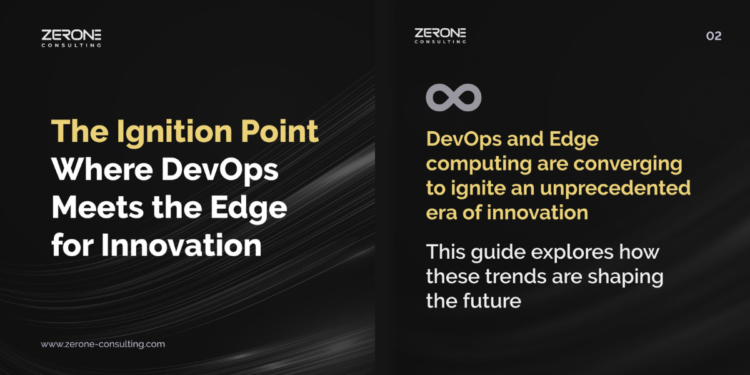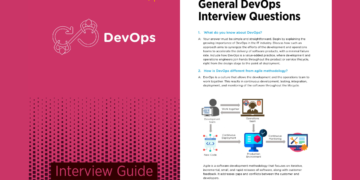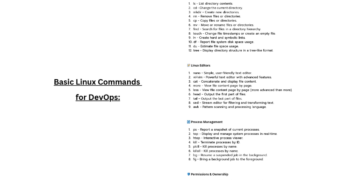As the technological landscape continues to evolve, two major trends have emerged as game-changers in the IT industry: DevOps and Edge Computing.
In this document, we will explore the intersection of DevOps and Edge Computing and how they complement each other in enabling efficient and scalable solutions.
We will delve into their definitions, benefits, and the synergies between these two transformative approaches.
Overview of Our Document:
This document aims to provide a comprehensive understanding of the relationship between DevOps and Edge Computing. It explores how DevOps practices and principles can be applied to Edge Computing environments.
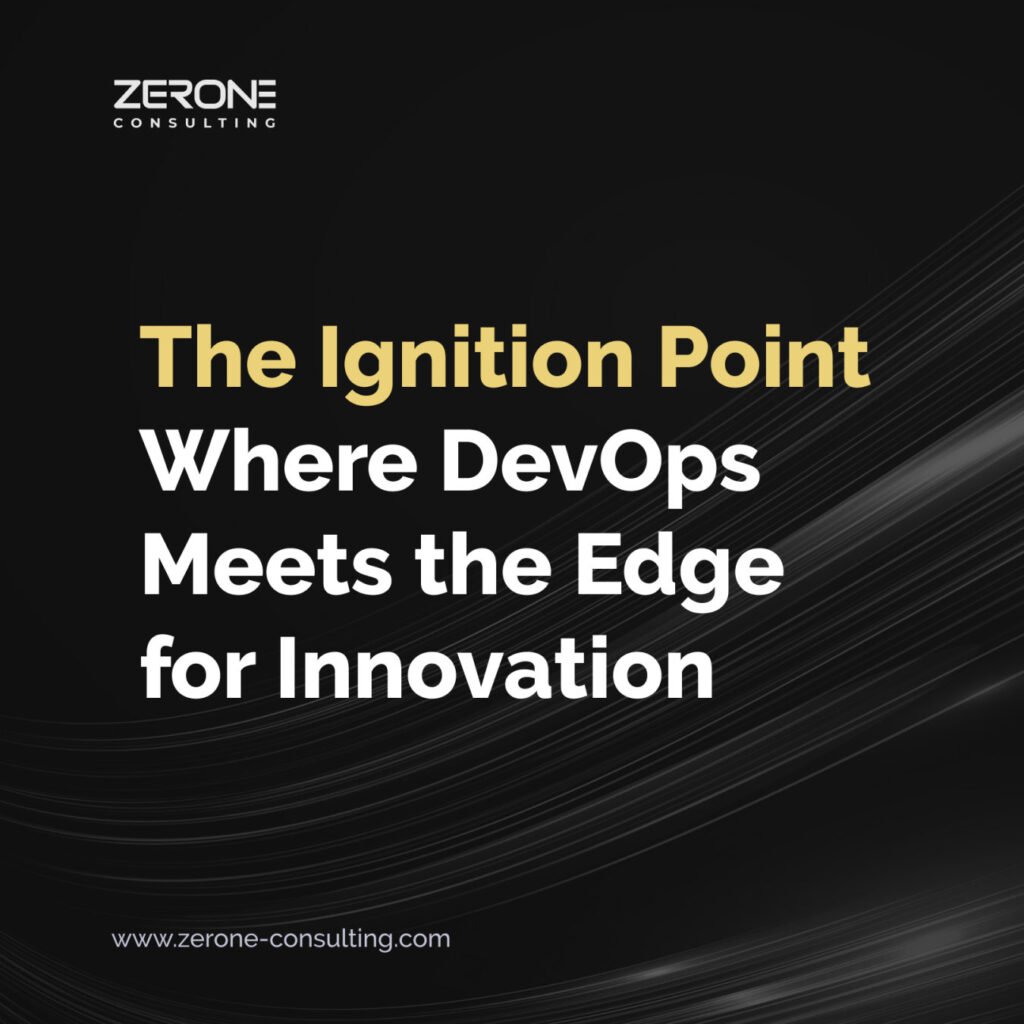
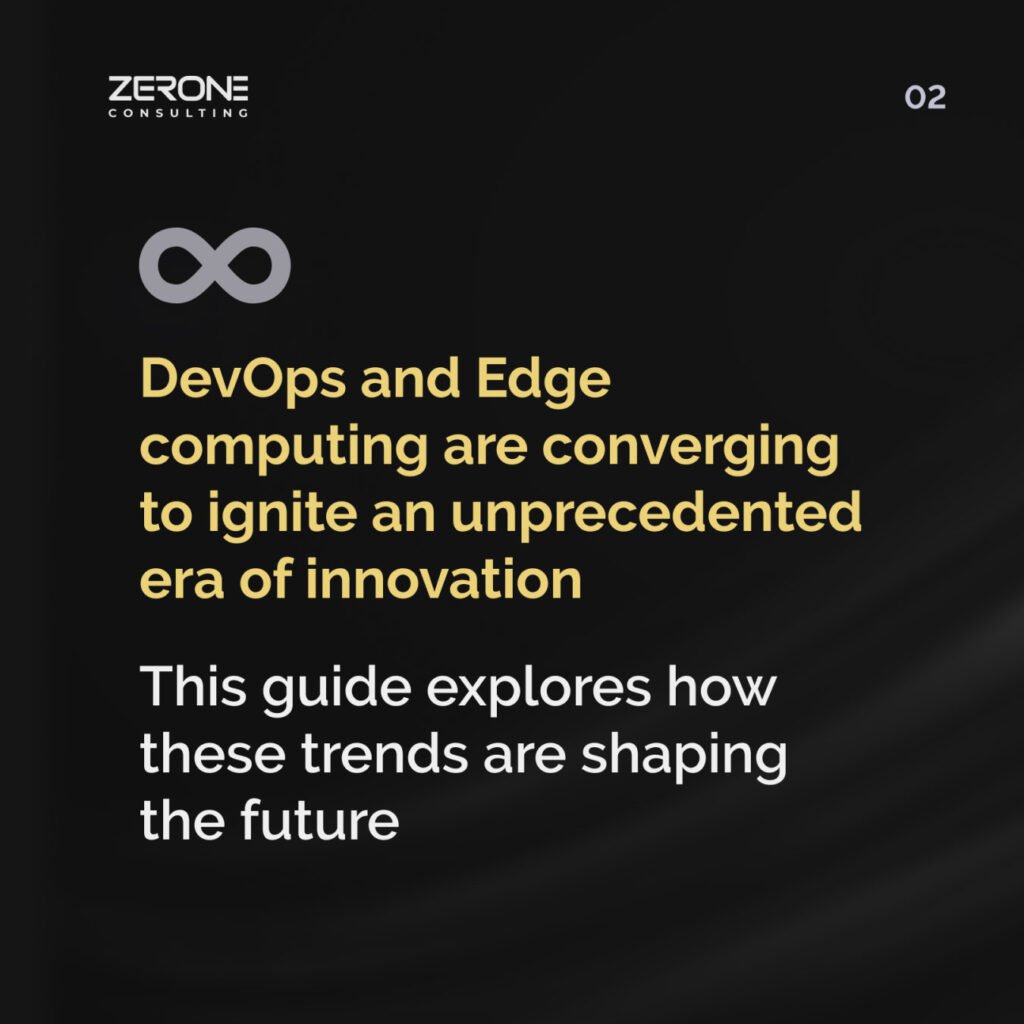
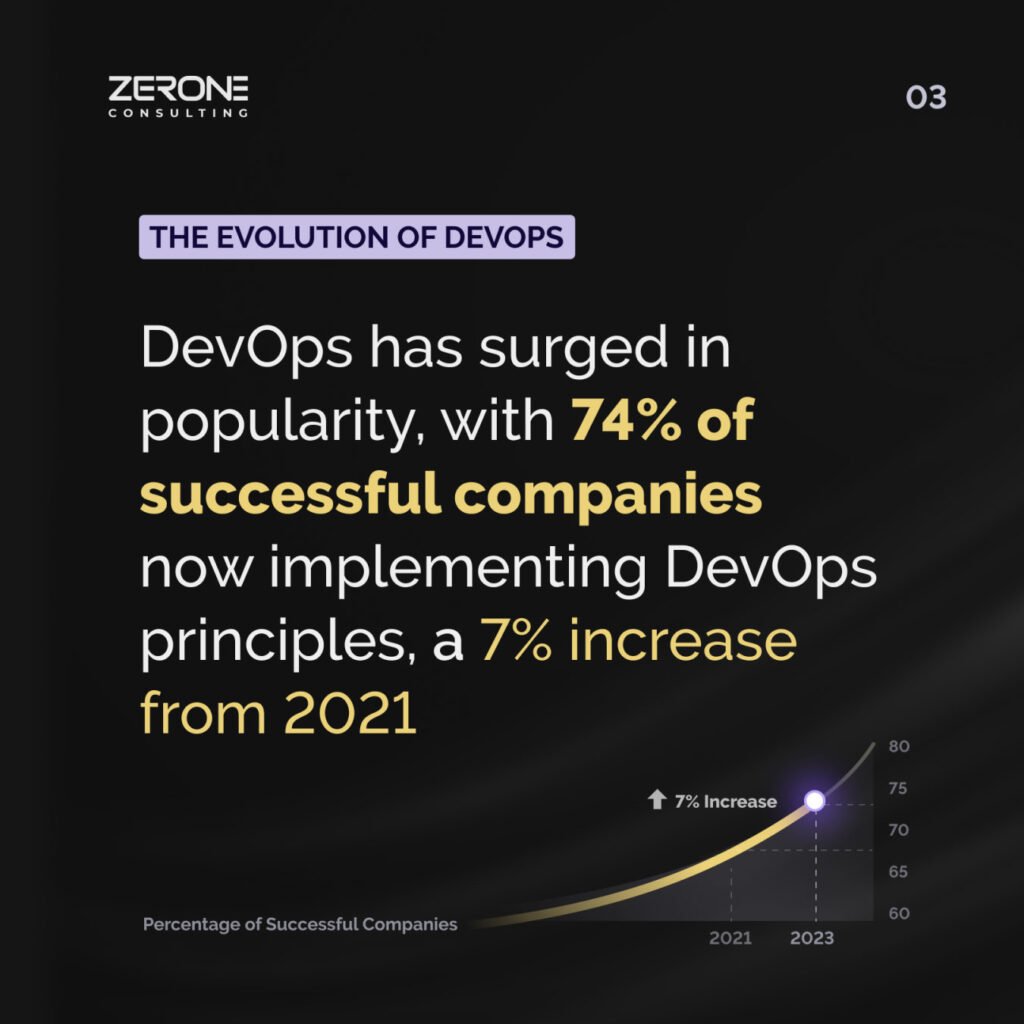
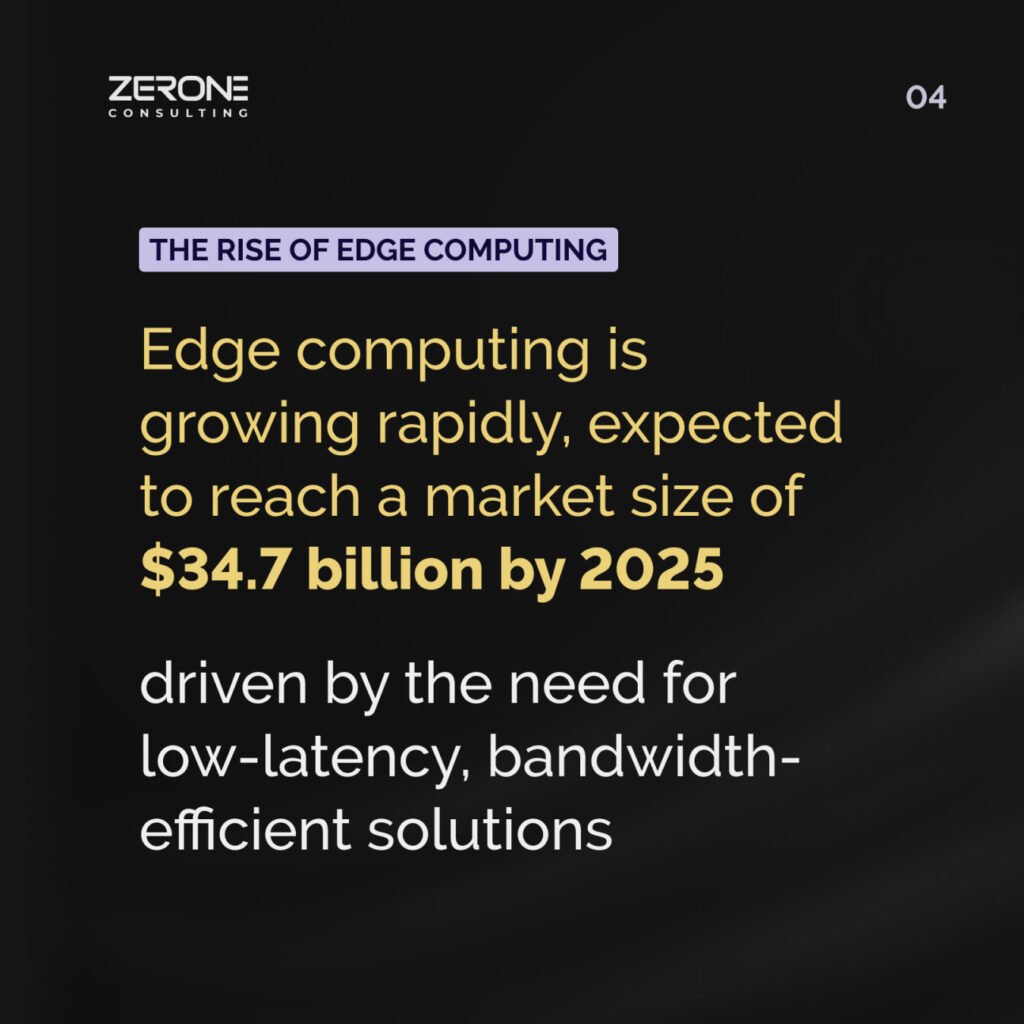
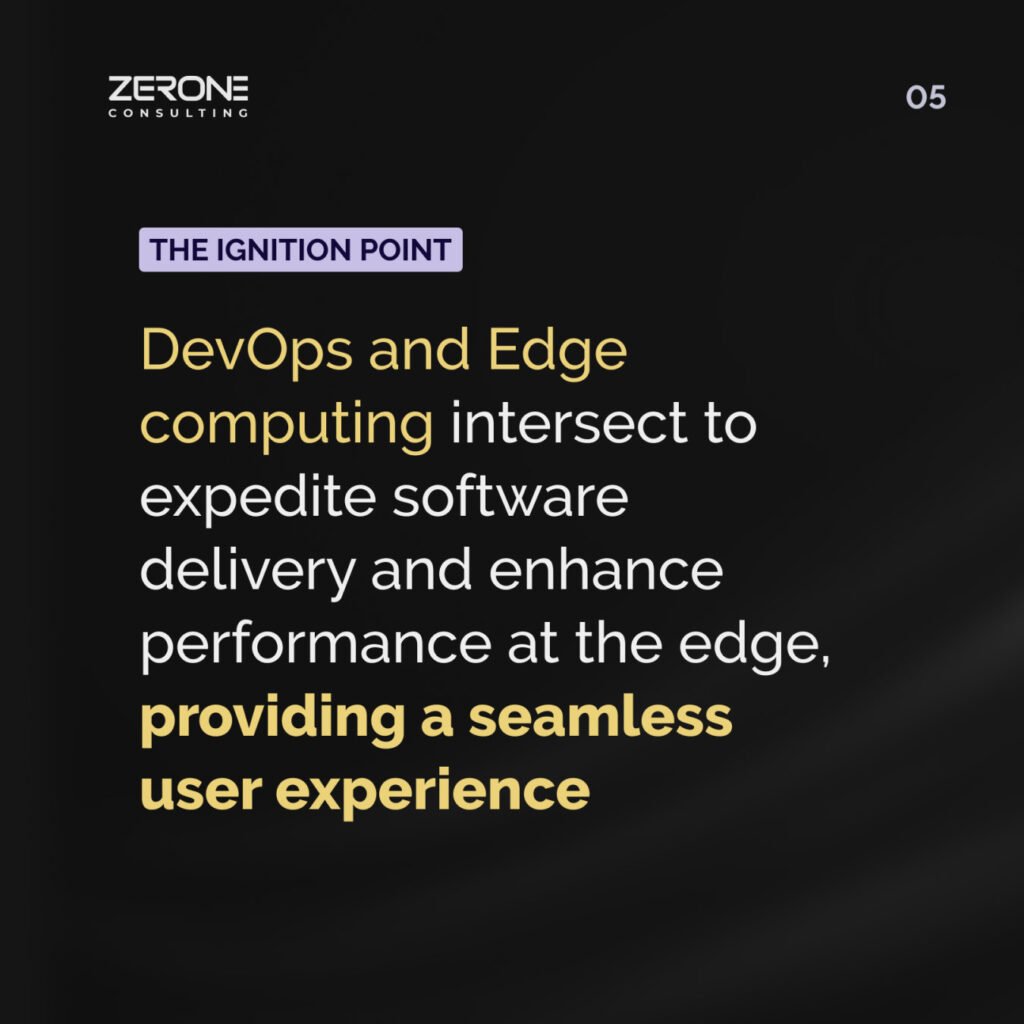
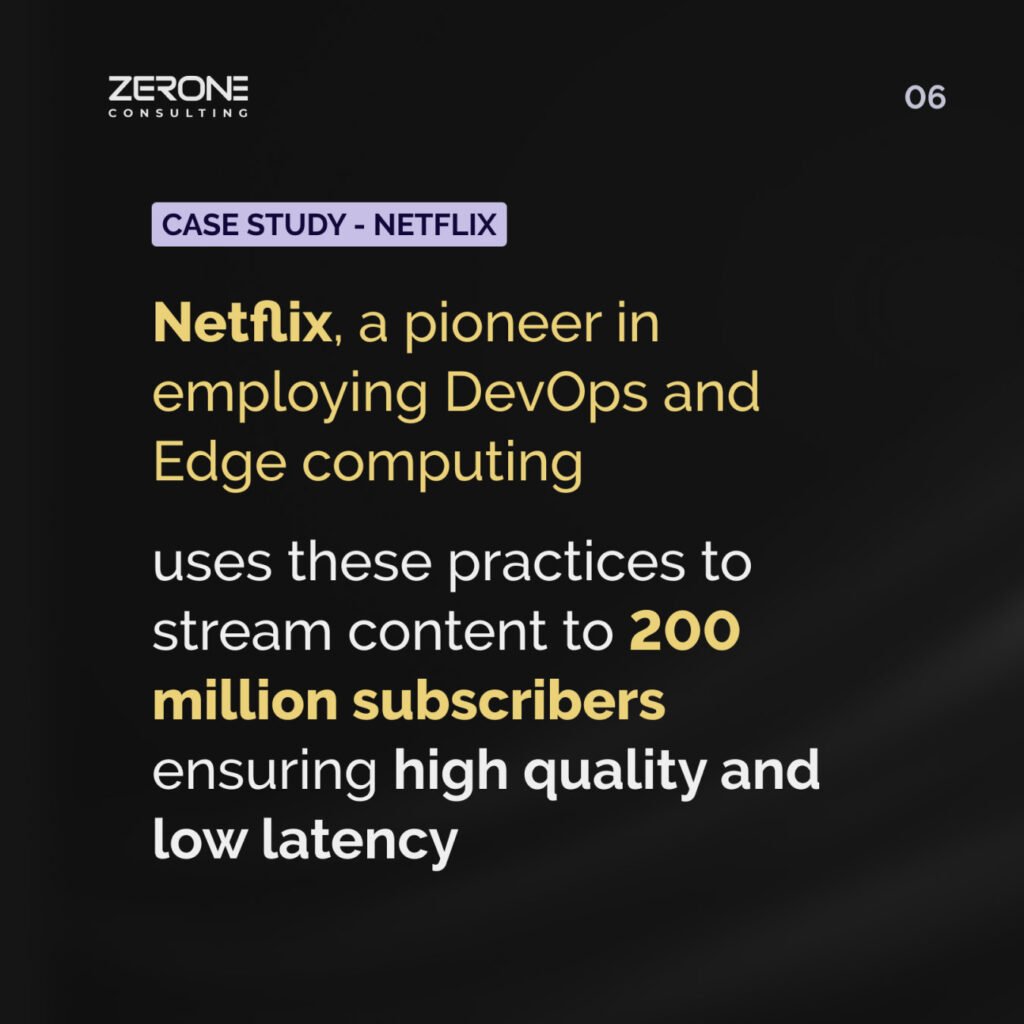
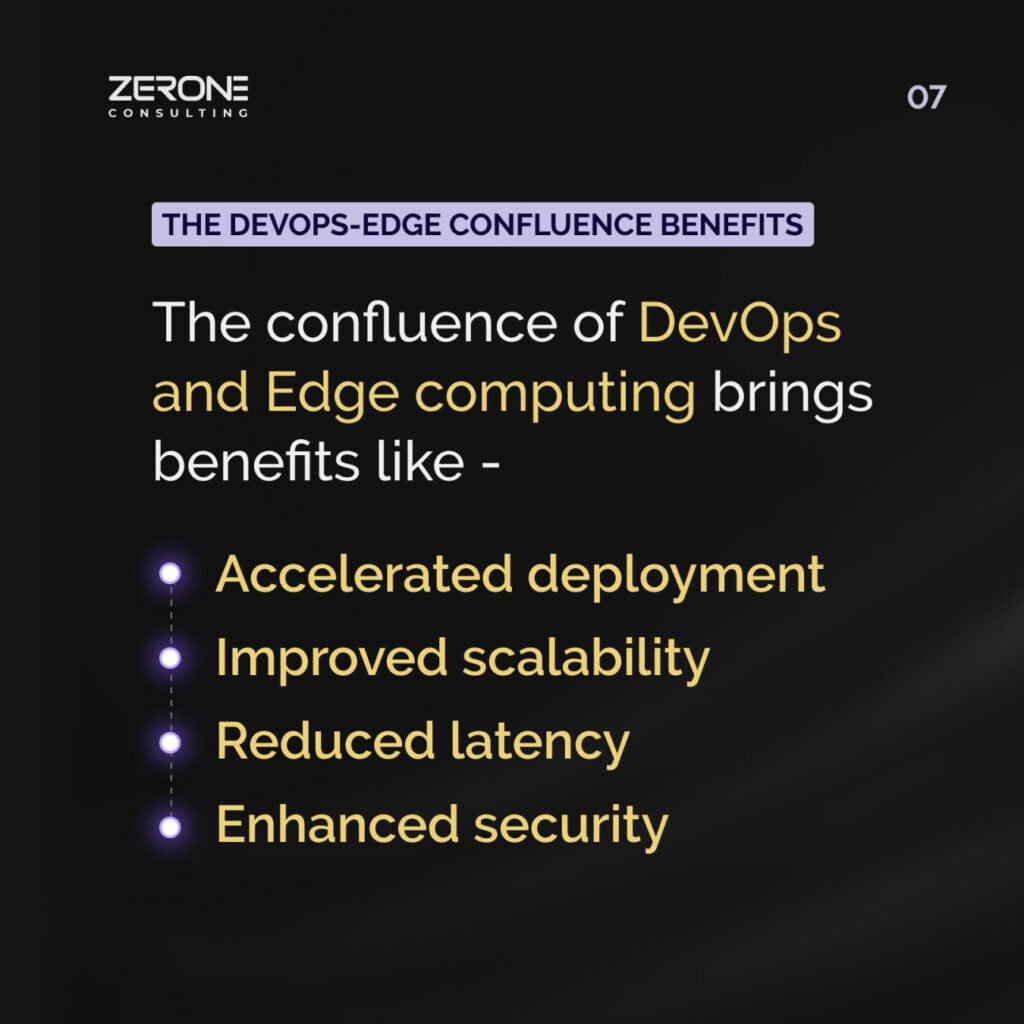
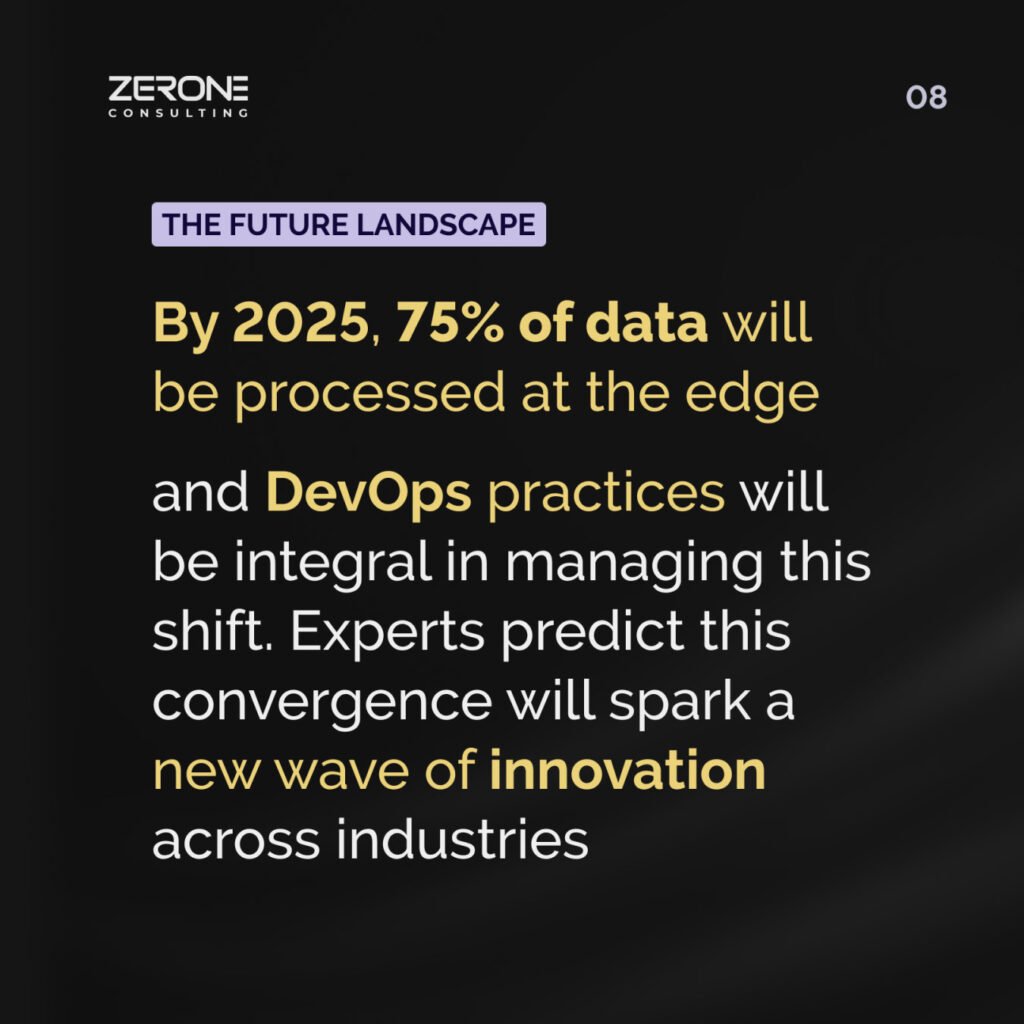
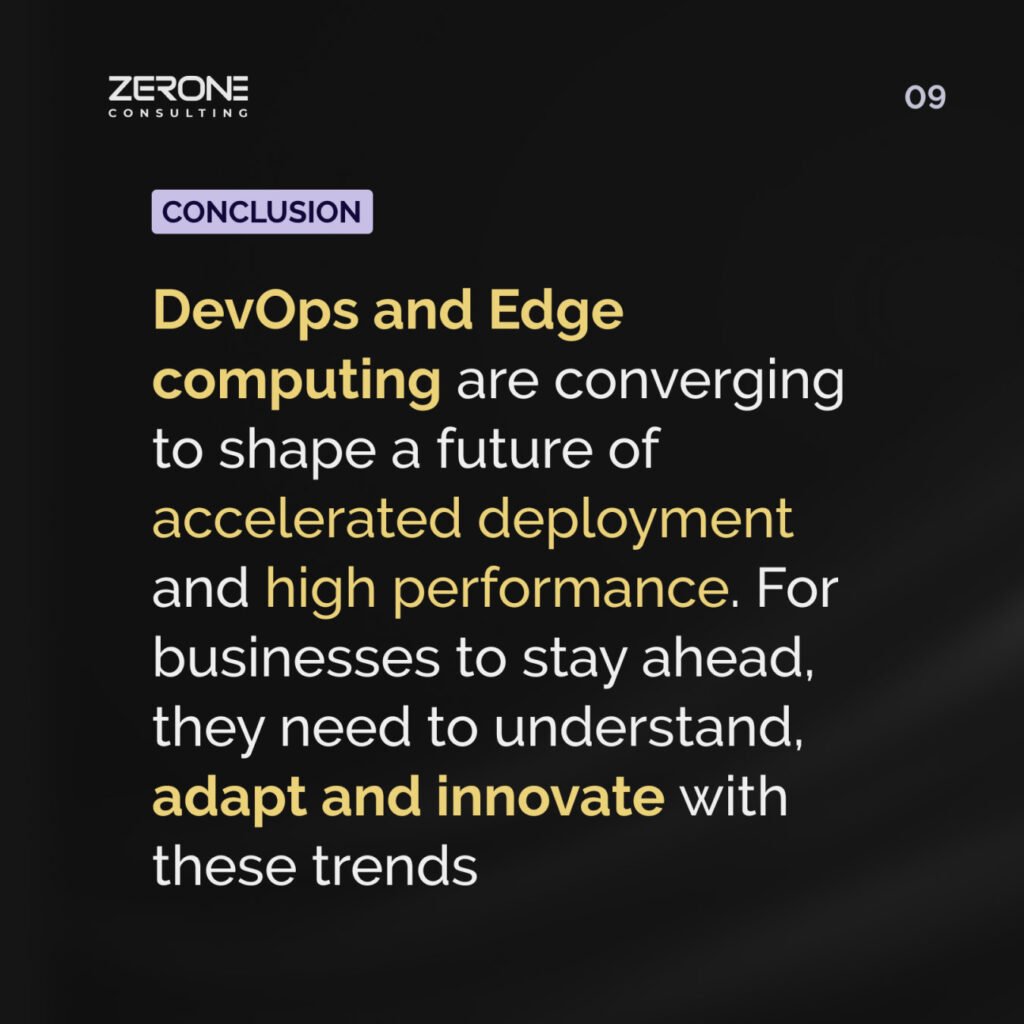
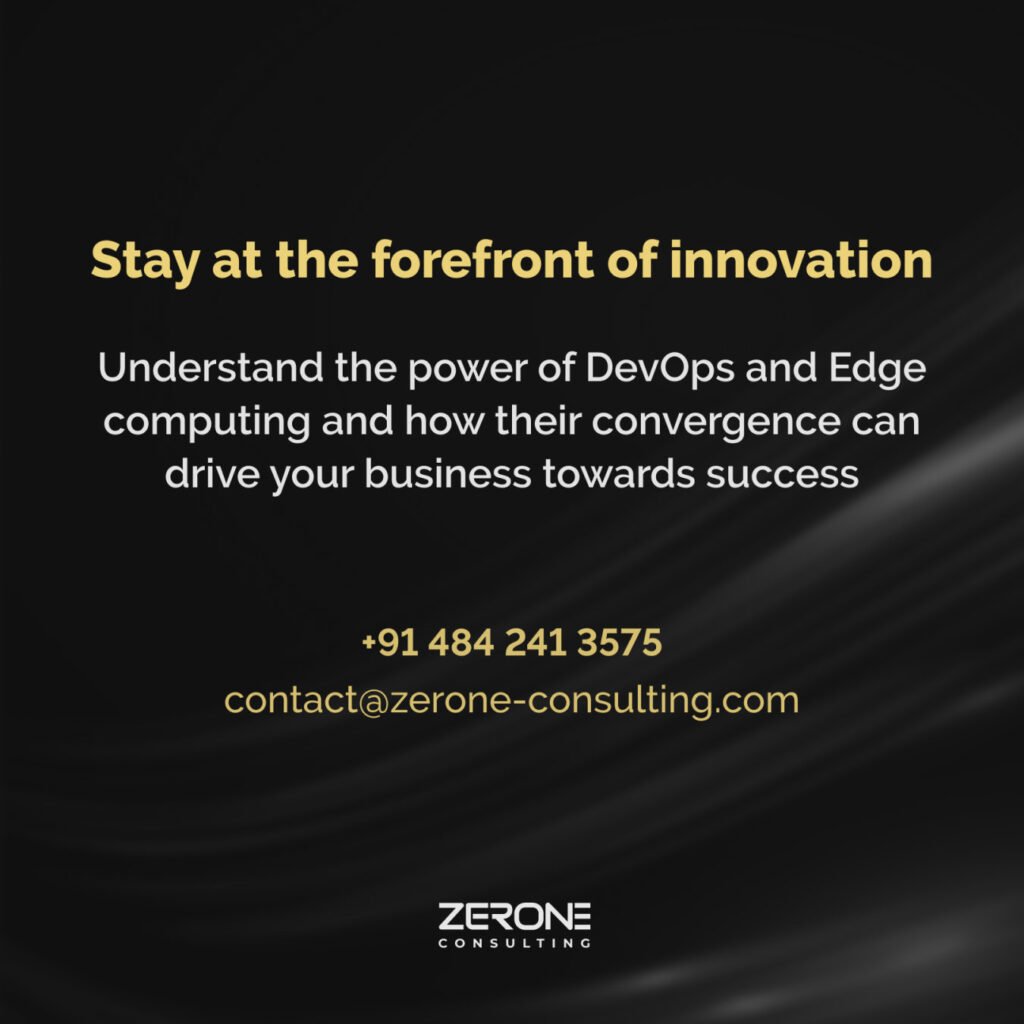
By the end of this document, you will have a clear understanding of the potential of DevOps in the context of Edge Computing and how organizations can leverage this combination to drive innovation and deliver exceptional user experiences.
The Content of the Document:
a. Introduction to DevOps:
We will start by providing an overview of DevOps, highlighting its key principles and practices. You will gain insights into the collaborative and iterative approach of DevOps, which focuses on breaking down silos between development and operations teams to achieve faster delivery, improved quality, and enhanced customer satisfaction.
b. Introduction to Edge Computing:
Next, we will introduce the concept of Edge Computing and its significance in the era of IoT (Internet of Things) and real-time data processing. You will learn about the distributed computing model of Edge Computing, where data processing and analysis occur closer to the source, reducing latency and improving overall system performance.
c. Synergies between DevOps and Edge Computing:
In this section, we will explore the synergies between DevOps and Edge Computing. You will discover how DevOps practices such as continuous integration, continuous deployment, and automation can be applied to Edge Computing environments to ensure efficient management, scalability, and reliability of edge devices and applications.
d. Challenges and Considerations:
As with any technology integration, there are challenges and considerations to be aware of when implementing DevOps in Edge Computing. We will discuss topics such as connectivity issues, security concerns, and the need for robust monitoring and management solutions to overcome these challenges effectively.
e. Use Cases and Best Practices:
To provide practical insights, we will present real-world use cases and best practices that highlight successful implementations of DevOps in Edge Computing. You will learn how organizations across various industries have leveraged this combination to optimize their operations, deliver real-time insights, and enhance user experiences.
Why This Document:
This document serves as a valuable resource for professionals and organizations looking to explore the potential of DevOps in the context of Edge Computing. By understanding the benefits and challenges associated with this combination, you can make informed decisions and develop strategies to leverage the transformative power of DevOps in your Edge Computing initiatives.
Conclusion:
DevOps and Edge Computing are two transformative approaches that have the potential to revolutionize the IT landscape. By combining the collaborative nature of DevOps with the distributed computing power of Edge Computing, organizations can unlock new levels of efficiency, scalability, and innovation. This document has provided you with insights into the intersection of DevOps and Edge Computing, empowering you to harness their combined power for success.
Download From Link:
To download the full PDF document on “DevOps and Edge Computing” by Zerone Consulting, which provides a comprehensive understanding of this synergistic relationship and offers practical insights and best practices, please click on the following link: [Click Here]
Embrace the transformative power of DevOps and Edge Computing, and embark on a journey of innovation and scalability in the digital era.

